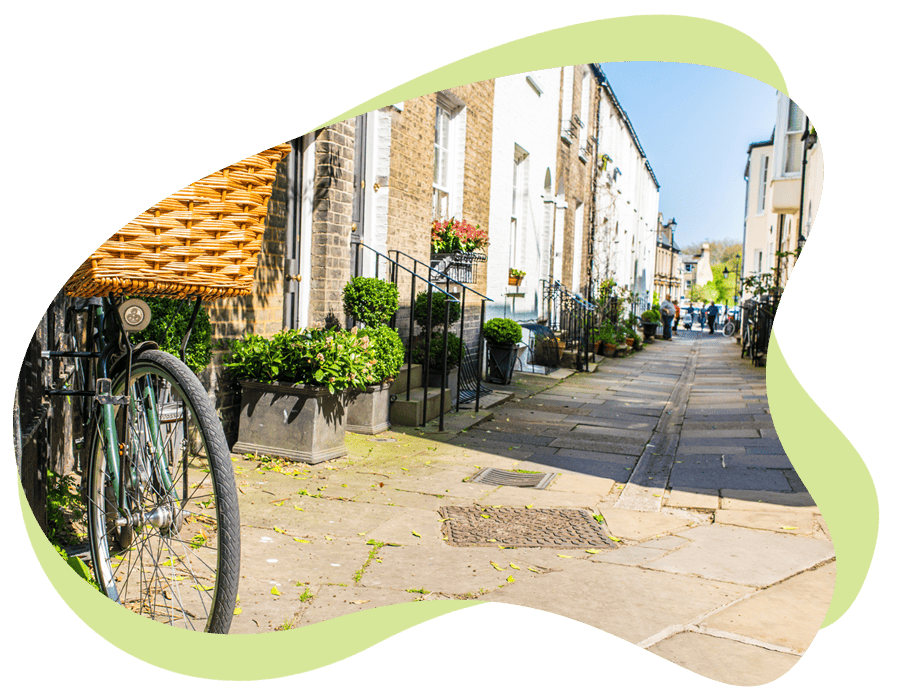The language of the property industry is filled with acronyms and terms that both seasoned property owners and first time buyers may not be familiar with. With new government schemes and lender promotions the vernacular often changes, with this guide we focus on mortgage jargon and aim to keep our clients up to date with the current terminology.
Arrangement Fee
A set-up fee. Most lenders will allow customers to add this fee to the loan, but the customer will pay interest on it for the whole term.
Arrears
This means a borrower has ‘defaulted’ at least once on their mortgage repayments, ie you have missed a month’s payment.
Capped rate
If a mortgage deal has a capped rate, the interest rate charged will never exceed the upper ‘capped’ limit, regardless of increases to the Bank of England base rate.
Cashback mortgage
The lender gives the borrower an amount of cash on completion. The cashback should be factored this into the total cost of your mortgage over the contract term to decide whether it’s a good deal.
County Court Judgement (CCJ)
These are made against a person for non-payment of debt, and could make it harder to get a mortgage.
Collar
If a mortgage deal has a collar, the interest rate will not fall any lower than the specified amount. e.g. if rates drop to 3% and your deal is collared at 4%, you’ll miss out.
Current account mortgage
A mortgage, credit card and loan debts and your current and savings account balances are combined into one. The credit balances offset the debts, so you interest is paid on the difference.
Discounted-rate mortgage
The interest rate charged is a set amount less than the mortgage lender’s standard variable rate (SVR). e.g., if the lender has an SVR of 5.5% and the discount is 1%, you will pay 4.5%.
Equity release scheme
Allows older homeowners to release cash tied up in their property. There are two types: lifetime mortgages & home-reversion. They should only be taken out after getting expert advice.
Fixed-rate mortgage
The mortgage interest rate stays the same for the initial period of the deal, can be from 1 to 10 years. Customers will know exactly what they will be paying out every month, the rate won’t change with the Bank of England base rate.
Flexible mortgage
Allows the customer to overpay, underpay or even take a payment holiday from your mortgage. This can help pay off your mortgage early and save money on interest, but flexible mortgages are usually more expensive than conventional ones.
Freehold (v Leasehold)
Freehold means a person owns the building and the land it stands on. Leasehold means a person owns the building or part of the building (flat) but not the land it stands on for a certain period of time.
Guarantor Mortgage
A home loan where a family member takes on some of the risk by acting as a guarantor. This may involve offering their home or savings as security against the loan, and agreeing to cover the mortgage payments if the homeowner defaults.
Help to buy Isa
A tax-free savings account, the government pays first time buyers a cash bonus towards the purchase of a property. For every £200 saved, the government will deposit an additional £50, up to a maximum of £3000.
Interest-only mortgage
Customers only pay the interest on your mortgage each month, without repaying any of the capital loan. The idea is that you build up enough money to be able to pay off the mortgage at the end of the term in other ways.
Joint mortgage
A mortgage taken out by two or more people. This might be used if you buy a house with a partner or friend, and can also be used by parents who want to help their children buy a property.
Land Registry
The official body responsible for maintaining details of property ownership.
Leasehold (v Freehold)
Leasehold means a person owns the building or part of the building (flat) but not the land it stands on for a certain period of time. Freehold means a person owns the building and the land it stands on.
Mortgage term
The amount of time someone takes out the mortgage out for e.g. 25 years.
Negative equity
When the value of a property falls to a level that is below the amount remaining on the mortgage.
Offset mortgage
An offset mortgage links the mortgage with savings and, sometimes, a current account. The credit balances are offset against the mortgage debt so interest is only paid on the difference, while also paying off the capital.
Peppercorn rent
A nominal amount of rent e.g. a peppercorn. In order to enforce the terms of a lease a ground rent must be set, but in the past many leases had tiny ground rents so in some cases freeholders stipulated that the rent should be a peppercorn to save them the trouble of collecting the money.
Rebuild cost
For insurance purposes this is the cost of rebuilding a property if it is destroyed. Borrowers will be required by a lender to have buildings insurance.
Repayment vehicle
Required by lenders with an interest-only mortgage, the means by which the borrower intends to pay off the mortgage debt at the end of the term – e.g. another property, or stocks & shares portfolio.
Right to Buy scheme
Originally intended to enable tenants of council houses to buy the homes they lived in, this is now being opened up to housing association tenants too.
Service charge
The fee paid to a managing agent for the ongoing maintenance of a leasehold property.
Shared ownership
The buyer purchases a share of a property (usually between 25% and 75%) and pays rent on the remaining share, which is owned by the local housing association.
Stamp duty
Stamp duty land tax is payable when purchasing a property for more than £125,000 (or £40,000 if it’s a buy-to-let property or second home). You can calculate stamp duty by following this link https://www.tax.service.gov.uk/calculate-stamp-duty-land-tax//intro
Standard variable rate (SVR)
The default mortgage interest rate that a lender will charge after the initial mortgage deal period ends. This could be higher or lower than the original rate.
Tie-in period
This is the period during which a borrower is ‘locked in’ to a mortgage deal. To leave the mortgage during this period the borrower will have to pay an early repayment charge.
Tracker mortgage
The interest rate on a mortgage tracks the Bank of England base rate at a set margin above or below it.
Valuation survey
Lenders carry out a valuation survey to check whether the property is worth roughly the amount being paid. Buyers should have an additional survey done too, to check for structural problems.
Variable rate mortgage
The interest rate on a variable rate mortgage can go up or down according to your lender’s standard variable rate
We have attempted to be as comprehensive as possible with this guide, however if you couldn’t find a mortgage term definition please do get in touch and we will help. Limetreefs.co.uk/contact or email admin@limetreefs.co.uk









